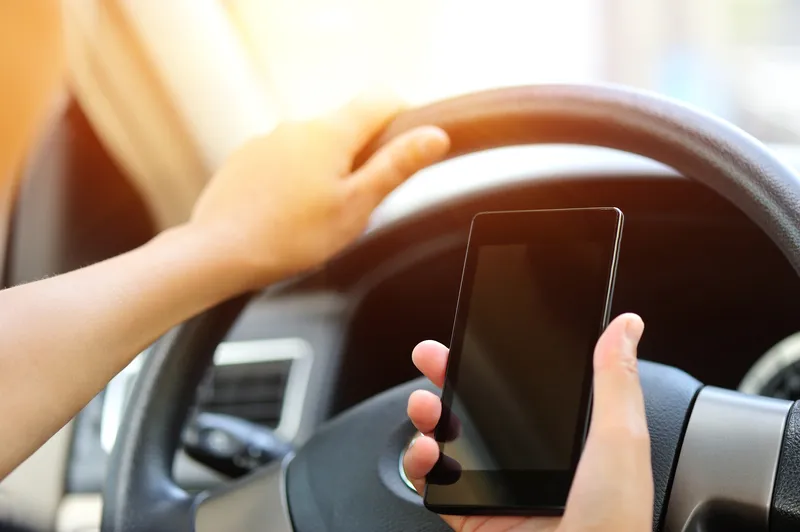The UK Institute of Advanced Motorists (IAM) has warned that car manufacturers are building high-tech distractions into their new vehicles and have made interiors so comfortable they are being turned into living rooms.
IAM chief executive officer Sarah Sillars said efforts to reduce distraction factors for motorists are being undone by the relentless pace of technology and eagerness of car makers to pack more gadgets onto dashboards. She said the main areas of concern were highly sophisticated satellite-
April 30, 2015
Read time: 2 mins
The UK 6187 Institute of Advanced Motorists (IAM) has warned that car manufacturers are building high-tech distractions into their new vehicles and have made interiors so comfortable they are being turned into living rooms.
IAM chief executive officer Sarah Sillars said efforts to reduce distraction factors for motorists are being undone by the relentless pace of technology and eagerness of car makers to pack more gadgets onto dashboards. She said the main areas of concern were highly sophisticated satellite-navigation and GPS systems, smartphones that mirror tablets and easy connectivity of internet and social media.
The IAM has suggested the UK should adopt guidelines suggested by the324 US Department of Transportation and National Highway Transportation Safety Administration (NHTSA).
They say drivers should be restricted from using certain non-essential forms of technology while the vehicle is in motion, and car makers should not introduce any technological development which takes the driver’s attention off the road for longer than two seconds.
These voluntary guidelines are to be phased in over the next three years to address this large-scale problem in the USA.
US Federal data figures showed in 2011 that accidents involving a distracted driver killed 3,331 people and injured another 387,000 (reference 2).
And for younger drivers the problem is worse. Car accidents are the main cause of death of teenagers (as it is for all people aged between five and 34), and a quarter of all teen-driving crashes in the US are attributed to distracted driving (reference 3).
Sillars said: “We cannot allow the same trends in the USA to happen here. While car makers work constantly to incorporate active and passive safety features into vehicles, making us safer than ever before, they are also guilty of making us too comfortable and making us feel more cosseted – like we were in our own living rooms.”
The IAM says as technology constantly changes, continued education campaigns are required to reinforce and update the current laws.
Sillars concluded: “Technology could be a great way of helping to cut the numbers of people killed and seriously injured on our roads. It would be a tragedy if technology became a reason why more, rather than less, people lose their lives.”
IAM chief executive officer Sarah Sillars said efforts to reduce distraction factors for motorists are being undone by the relentless pace of technology and eagerness of car makers to pack more gadgets onto dashboards. She said the main areas of concern were highly sophisticated satellite-navigation and GPS systems, smartphones that mirror tablets and easy connectivity of internet and social media.
The IAM has suggested the UK should adopt guidelines suggested by the
They say drivers should be restricted from using certain non-essential forms of technology while the vehicle is in motion, and car makers should not introduce any technological development which takes the driver’s attention off the road for longer than two seconds.
These voluntary guidelines are to be phased in over the next three years to address this large-scale problem in the USA.
US Federal data figures showed in 2011 that accidents involving a distracted driver killed 3,331 people and injured another 387,000 (reference 2).
And for younger drivers the problem is worse. Car accidents are the main cause of death of teenagers (as it is for all people aged between five and 34), and a quarter of all teen-driving crashes in the US are attributed to distracted driving (reference 3).
Sillars said: “We cannot allow the same trends in the USA to happen here. While car makers work constantly to incorporate active and passive safety features into vehicles, making us safer than ever before, they are also guilty of making us too comfortable and making us feel more cosseted – like we were in our own living rooms.”
The IAM says as technology constantly changes, continued education campaigns are required to reinforce and update the current laws.
Sillars concluded: “Technology could be a great way of helping to cut the numbers of people killed and seriously injured on our roads. It would be a tragedy if technology became a reason why more, rather than less, people lose their lives.”








